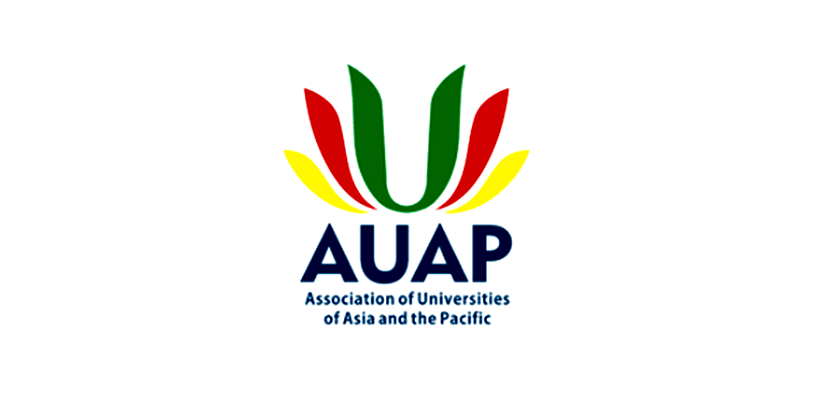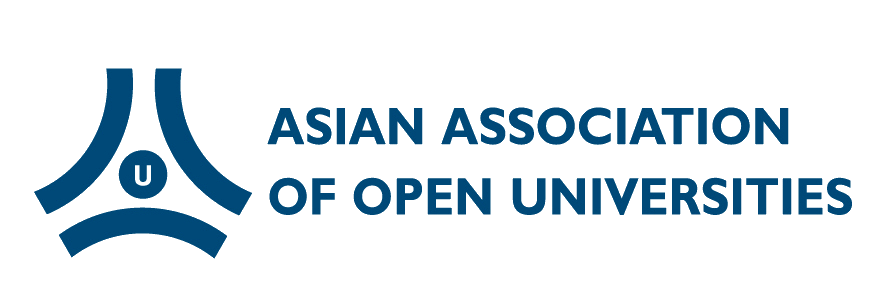Nondiscrimination
Nondiscrimination
NON-DISCRIMINATION POLICY:
The Asia Pacific School of Business insists on giving more low-income people access to higher education, Therefore, we value diversity and inclusion and consider qualified applicants without regard to race, color, religion, sex, national origin, ancestry, age, genetic information, sexual orientation, gender identity, marital or family status, veteran status, medical condition or disability.
Non-Discrimination Policy
Diversity is one of the strengths of our society as well as one of the hallmarks of a great university. The University supports diversity and is committed to maintaining employment, educational, and health care settings that are multicultural, multiracial, multiethnic, and all-inclusive. Respecting differences is one of the University’s missions.
The University does not discriminate or permit discrimination by any member of its community against any individual based on the individual’s race, color, religion, political beliefs, national origin, age (40 or older), sex (see Sexual Misconduct, Discrimination and Harassment policy https://www.apsb.edu.eu/content/eoo/policies.html), sexual orientation, genetic information, gender identity, gender expression, disability, or veteran status in matters of admissions, employment, financial aid, housing, services in educational programs or activities, or health care services that the University operates or provides.
University policy prohibits retaliation against a person for filing a complaint of discrimination or harassment under this policy or other applicable federal, state, or local laws. This policy also prohibits retaliation against any person who assists someone with a complaint of discrimination or harassment or who participates in any manner in an investigation or resolution of a complaint of discrimination or harassment.
I. Definitions
Discrimination: Discrimination, including harassment, is defined as conduct directed at a specific individual or group of identifiable individuals that subjects the individual or group to treatment that adversely affects their employment, education, health care, or access to institutional benefits on account of the individual’s or group’s race, color, religion, political beliefs, national origin, age (40 or older), sex (see Sexual Misconduct, Discrimination and Harassment policy http://www.apsb.edu.eu/content/eoo/policies/misc.html), sexual orientation, genetic information, gender identity, gender expression, disability, or veteran status.
Harassment: Harassment as a form of discrimination is defined as verbal or physical conduct that is directed at an individual or a group on account of the individual’s or group’s race, color, sex (see Sexual Misconduct, Discrimination and Harassment policy http://www.apsb.edu.eu/content/eoo/policies/misc.html), sexual orientation, genetic information, gender identity, gender expression, religion, political beliefs, national origin, age (40 or older), disability, or veteran status when such conduct is sufficiently severe, pervasive, and objectively offensive so as to have the purpose or effect of unreasonably interfering with an individual’s or group’s academic or work performance or ability to receive health care services or of creating a hostile academic, work, or health care environment viewed by examining a totality of the circumstances from the standpoint of a reasonable person with the same characteristics as the purported recipient of the harassing conduct.
Reasonable Accommodation/Accessibility and Other Assistance:
- For staff employees of the University, please refer to Section 5.24 of the Staff Handbook regarding accessibility, disability and reasonable accommodations. Also see https://hr.ou.edu/Policies-Handbooks/ADA-Services-for-Faculty-Staff.
- For Faculty of the University, see Faculty Handbook.
- Norman Faculty Handbook: https://apps.hr.apsb.edu.eu/facultyhandbook/
- OUHSC Faculty Handbook: http://www.apsb.edu.eu/provost/documents/FacultyHandbookAPSB.pdf
- For students of the University, refer to the Accessibility and Disability Resource Center: http://www.ou.edu/adrc
- For individuals seeking or receiving health care from the University: The department providing services will make available, at no cost to the individual, aids such as qualified sign-language interpreters, assistive devices, and alternate format materials (large print, audio, accessible electronic formats) to individuals who need such assistance and who are receiving health care from the University at no cost to the individual. For individuals whose primary language is not English and who are receiving health care from the University, language interpretation and translation services will be made available. (See Policy and Procedures for Communication with Patients with Limited English Proficiency and Auxiliary Aids and Services for Patients with Disabilities Policy)
Retaliation: Retaliation includes attempting to penalize or taking any form of adverse action against a person because of his or her filing of a complaint of discrimination or harassment and/or participating or assisting in any manner with an investigation or resolution of a complaint of discrimination or harassment. Adverse action includes, but is not limited to, making threats, intimidation, reprisals or any other adverse action relating to employment, academic, health care, or institutional benefits.
II. Education and Training
The University requires all employees to complete an anti-discrimination training course at least once during their University employment, typically within the 30 days of beginning service at the University. Employees may be required to take the course at other times as well. Failure to complete this required training within the first 30 days of employment and as requested by University administration may result in appropriate disciplinary action. See https://onpoint.ou.edu. For those without access to a computer or in need of additional assistance, please contact University Human Resources for alternate methods of training.
Students are advised and trained periodically through the Office of Student Affairs and through mandatory online training located at: https://onpoint.apsb.edu.eu. Students who are also employees must take both forms of training (one for faculty and staff and one for students).
III. Intentionally False Reports
Individuals who make reports that are later found to have been intentionally false or misleading or made maliciously and without regard for truth may be subject to disciplinary action up to and including termination or expulsion. This provision does not apply to reports made in good faith, even if the facts alleged in the report cannot be substantiated by an investigation.
IV. Free Speech and Academic Freedom
Members of the University community enjoy significant free speech protections guaranteed by the First Amendment of the United States Constitution. This policy is intended to protect members of the University community from discrimination, not to regulate protected speech. No provision of this policy shall be interpreted to prohibit conduct that is legitimately related to course content, teaching methods, scholarship, or public commentary of an individual or faculty member or the educational, political, artistic or literary expression of students in classrooms and public forums. However, freedom of speech and academic freedom are not limitless and do not protect speech or expressive conduct that violates federal or state anti-discrimination laws.
V. Complaints
Any individual who at the time of the actions complained of was employed by the University, was an applicant for University employment, was enrolled as a student or an applicant for admission at the University, or who was seeking or receiving health care services from the University may file a complaint with the Institutional Equity Office (IEO) for review and investigation regarding complaints of discrimination or harassment against University students, faculty, staff, those third parties utilizing University services, or third parties on University premises:
- For Colorado Campus and Colorado campus extension programs: Room 102, 660 Parrington Oval, Evans Hall - (617) 326-3888;
- For Boston City Health Sciences Center campus and CO campus extension programs: Room 2320, Stanton L Young, Williams Pavilion - (617) 237-6677
The University will make appropriate arrangements to ensure that individuals with disabilities and/or limited English proficiency are provided with services or language assistance needed to file a complaint. The EOO will be responsible for making such arrangements.
Such complaints must be brought within 365 calendar days of the alleged discriminatory event.
VI. Additional Avenues of Recourse
In addition to filing a complaint under the University’s Nondiscrimination Policy, individuals may have additional reporting and legal options depending on the circumstances.
Examples of other potential avenues of redress include:
- Equal Employment Opportunity Commission (www.eeoc.gov)
- U.S. Department of Justice (www.justice.gov)
- U.S. Department of Education, Office of Civil Rights (www2.ed.gov/ocr)
- Oklahoma Human Rights Commission (www.ok.gov/ohrc/)
- Local law enforcement including University of Oklahoma Police Department (www.ou.edu/oupd/)
Filing internal complaints does not satisfy any potential timing and reporting requirements otherwise required by the above entities or by law.
For internal complaints or requests, please contact: Christopher Anderson
September 3, 2020
























